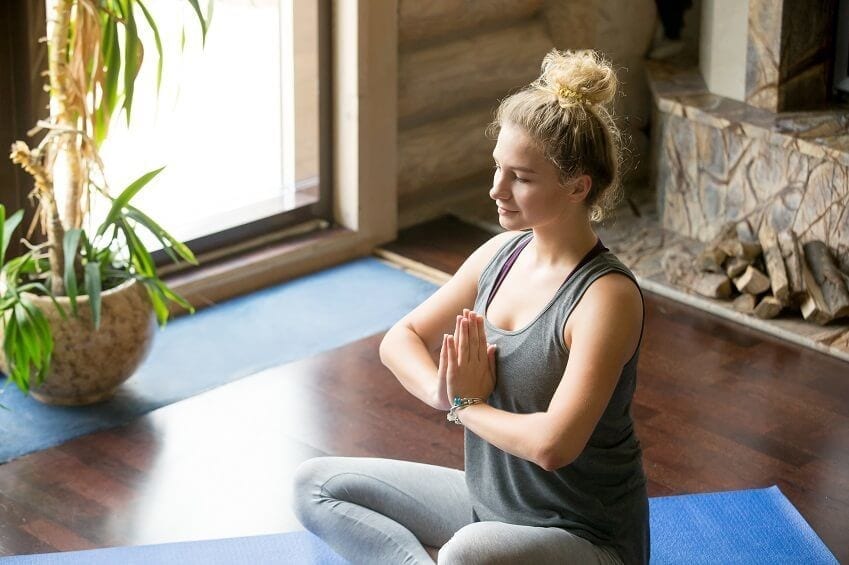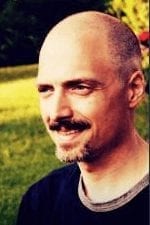Up to 75 percent of women will suffer through a yeast infection, or candidiasis, at least once in their lifetimes, and many women experience at least two episodes, reports Mayo Clinic. This fungal infection is caused by an overgrowth of a yeast-like fungus called Candida albicans. It often leaves women with frustrating and sometimes debilitating symptoms that can be very painful.
Men, too, are susceptible to yeast infections, which can lead to a condition known as balanitis. Common causes in men include a weakened immune system, diabetes, and obesity.
There are a number of medications and lifestyle choices that can encourage the overgrowth of the normal Candida yeast cells found in our bodies. The prolonged use of broad-spectrum antibiotics kills beneficial bacteria, and a diet loaded with yeast products, sugars, and alcoholic beverages promotes yeast growth, as can emotional stress and anxiety.
How can traditional Chinese and preventative medicine help?
Chinese medicine views candidiasis as an accumulation of dampness and heat toxin in the lower parts of the body, causing the yeast infection symptoms. Although diet management is a key component of treating candidiasis, recovery is much quicker when proper diet is combined with acupuncture and Chinese herbs for a three-pronged approach.
1) Proper diet plays a key role in treating Candida imbalance and helping a patient find long-term relief from recurrent infections. Foods to eliminate include:
- All breads, including wheat and rye breads
- Dairy products, including cheeses of all kinds
- All alcohol, especially beer and wine
- Fruits, as their sugars fuel the growth of yeast
- Sugar, candy, baked goods
- Fermented foods like miso, tempeh, soy sauces
- Mushrooms, black fungus, and white fungus
- Cold and raw foods that cause digestive dampness
The diet should include large amounts of leafy green vegetables, garlic, barley, mung beans, kohlrabi, cabbage, and artichokes. The daikon radish is great for ridding the body of phlegm, and yellow-colored foods such as pumpkin, yam, and winter squash help to tonify and strengthen the spleen and spleen meridian. Apple cider vinegar is also excellent for ridding the body of excess Candida.
Nuts and seeds, along with their oils and butters, are recommended, especially walnut, sesame, and flaxseed. Virgin olive and coconut oils are the best fats to use, and fish is the preferred animal protein.
Are you interested in becoming a certified acupuncture professional?
Visit the links below to explore our specialized acupuncture programs at a campus near you:
2) Acupuncture is very effective for treating yeast infections, research shows. It stimulates and strengthens the patient’s immune function, increasing the resistance to bacterial and viral infections and helping the body fight the existing infection.
3) Herbs should be used as customized formulations in consultation with a licensed practitioner. Many Chinese herbs have antifungal properties and are widely used to treat yeast infections. Other herbs are used to strengthen the digestive function and to clear the system of the dampness, phlegm, and heat viewed as the causative factors of candidiasis.
After toxins and phlegm are cleared, a TCM practitioner uses herbs to tonify the patient’s body. Repairing damage and restoring balance is essential to preventing a recurrence of yeast infections.
Chinese Medicine for Vaginal Yeast Infections
http://www.tcmpage.com/hpvaginal.html
Traditional Chinese Medicine for Candidiasis
http://www.tcmpage.com/hpcandidiasis.html
Yeast Infection (vaginal)
http://www.mayoclinic.org/diseases-conditions/yeast-infection/basics/definition/con-20035129
Yeast infection in men: How can I tell if I have one?
http://www.mayoclinic.org/male-yeast-infection/expert-answers/faq-20058464
Featured Posts:

